How to stop your puppy crying at night, by dog training expert Ben Randall
The heartbreaking whimper of a puppy calling for you will tug on the heartstrings like few other things, but you don't have to suffer — and you don't have to leave it crying either, as Ben Randall explains.
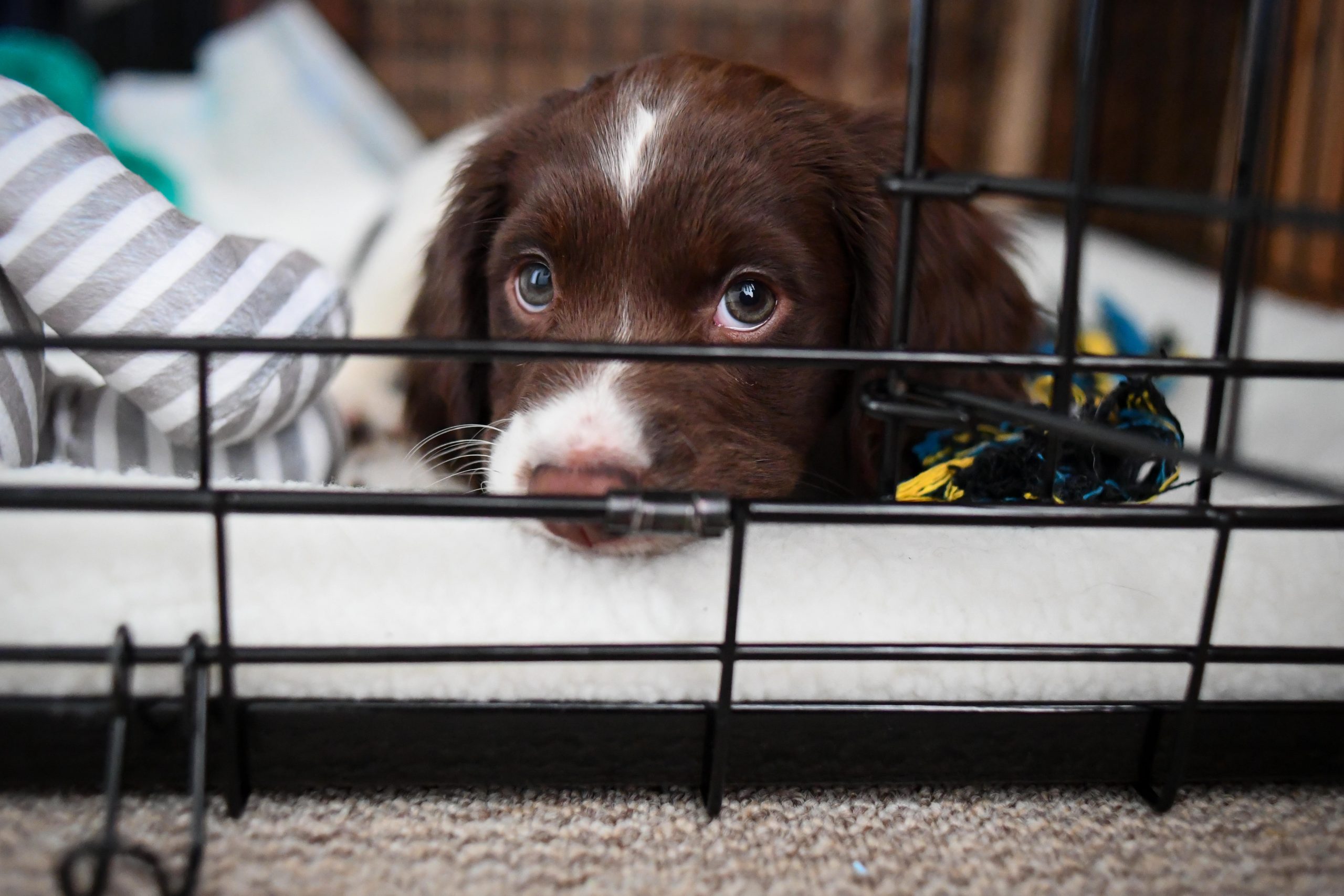

Dogs have been living with humans — and evolving alongside them — for tens of thousands of years, so it's no surprise that the plaintive whimper of a puppy is enough to melt the hardest of hearts, and tear the softest hearts into tatters.
With that in mind you can't help but feel for the reader who sent in this week's question:
'Hi Ben — we recently got a puppy and he's been wonderful... except at night. He keeps crying out for us, all through the night; it's like have a newborn baby again, and we don't know what to do. Can you help?' — D.W., Kent
With this issue, the key question isn't 'how do I stop my puppy crying?' — it's 'why is my puppy crying?'. As with all my training — whether I'm teaching a dog how to sit, how to stop a dog jumping up on people or how to stop a dog pulling on the lead — it's best to think about the reasons behind the behaviour, to figure out what's going on in your dog's head.
Generally speaking, with this problem, it means that the puppy is somewhere that he or she doesn't want to be. Here's how to go about fixing that.
Five steps to stop your puppy crying at night
1. Make your puppy's bed a place it wants to be
We want to start by making the place your new dog sleeps into a place it loves being. Crate training a puppy can really help with that, as it gives them a secure and comfortable place of their own. Add some favourite toys or a blanket to their crate or bed area, things that they usually only play with or have with them when they're there. It'll make it a fun yet relaxing area for them — a positive space that's theirs and theirs alone.
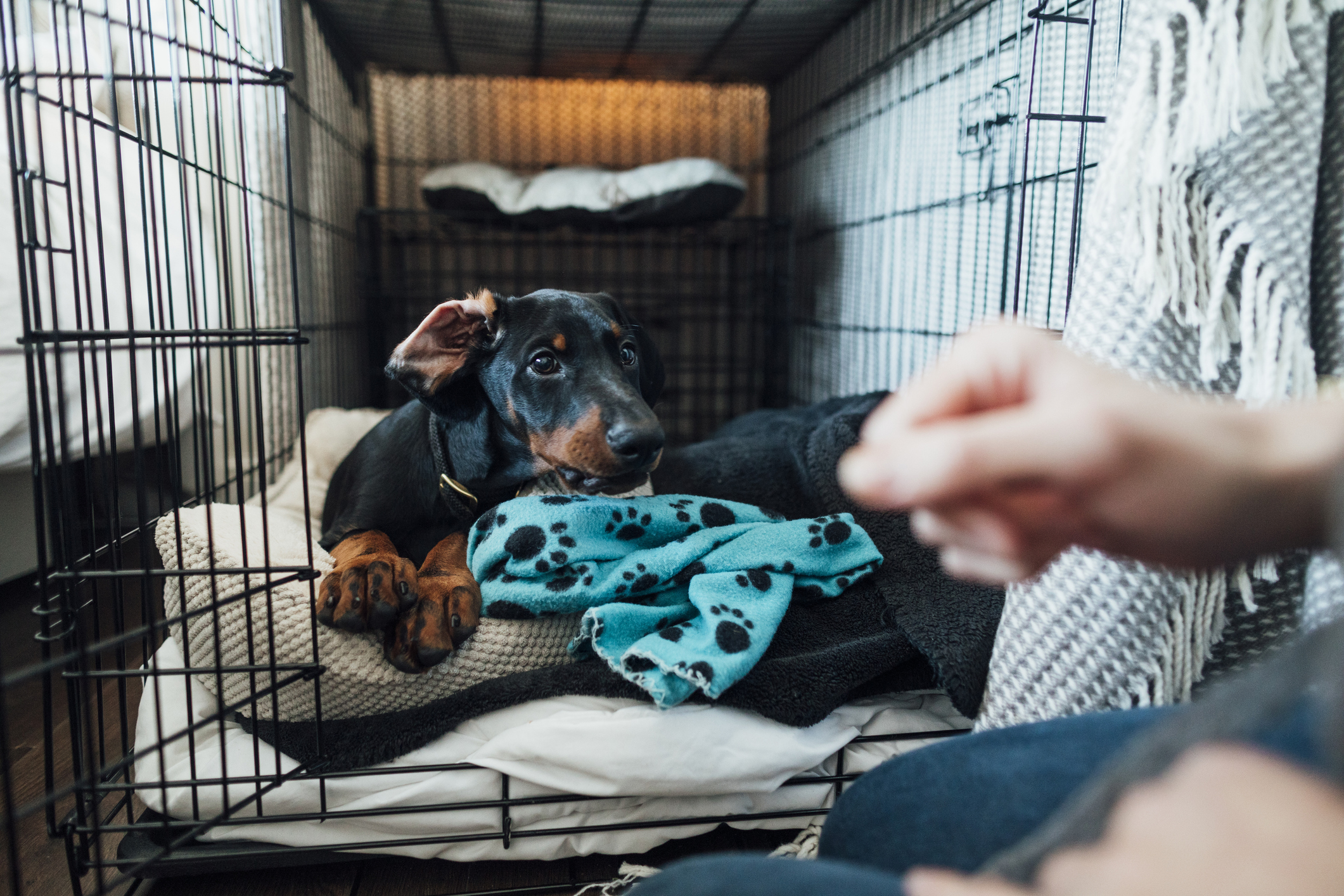
2. DON'T let them cry it out for more than a few minutes
There's a big debate on this with humans as well as canines. How long should you let a baby or puppy cry for before you go to comfort them? You have to consider two things: first, will leaving them alone be negative or positive? And second, how long should you leave them for?
If you're leaving your dog to cry for 10 minutes or more, they'll get themselves into such a stressed state it will turn their bed or crate into a negative environment for them. The stress can then potentially bring on scratching, chewing, diarrhoea… and a psychological problem with getting in to a crate even in other contexts.
Sign up for the Country Life Newsletter
Exquisite houses, the beauty of Nature, and how to get the most from your life, straight to your inbox.
Leave them for five mins or so, then walk in comfort them with stroking and a calm voice. I’ll then lean down and give them a firm leave command — usually in a reassuring tone, but this will depend on your dog. If it’s a German Shepherd ripping crate to pieces, a firmer tone might be needed!
After that I'll let them touch and smell me, but then close the door and walk out. I want the dog to think, 'I’m in a nice place and don’t want to come out; but if I do, dad's gone and walked away for now but he’s coming back. I’ve definitely not been left.'
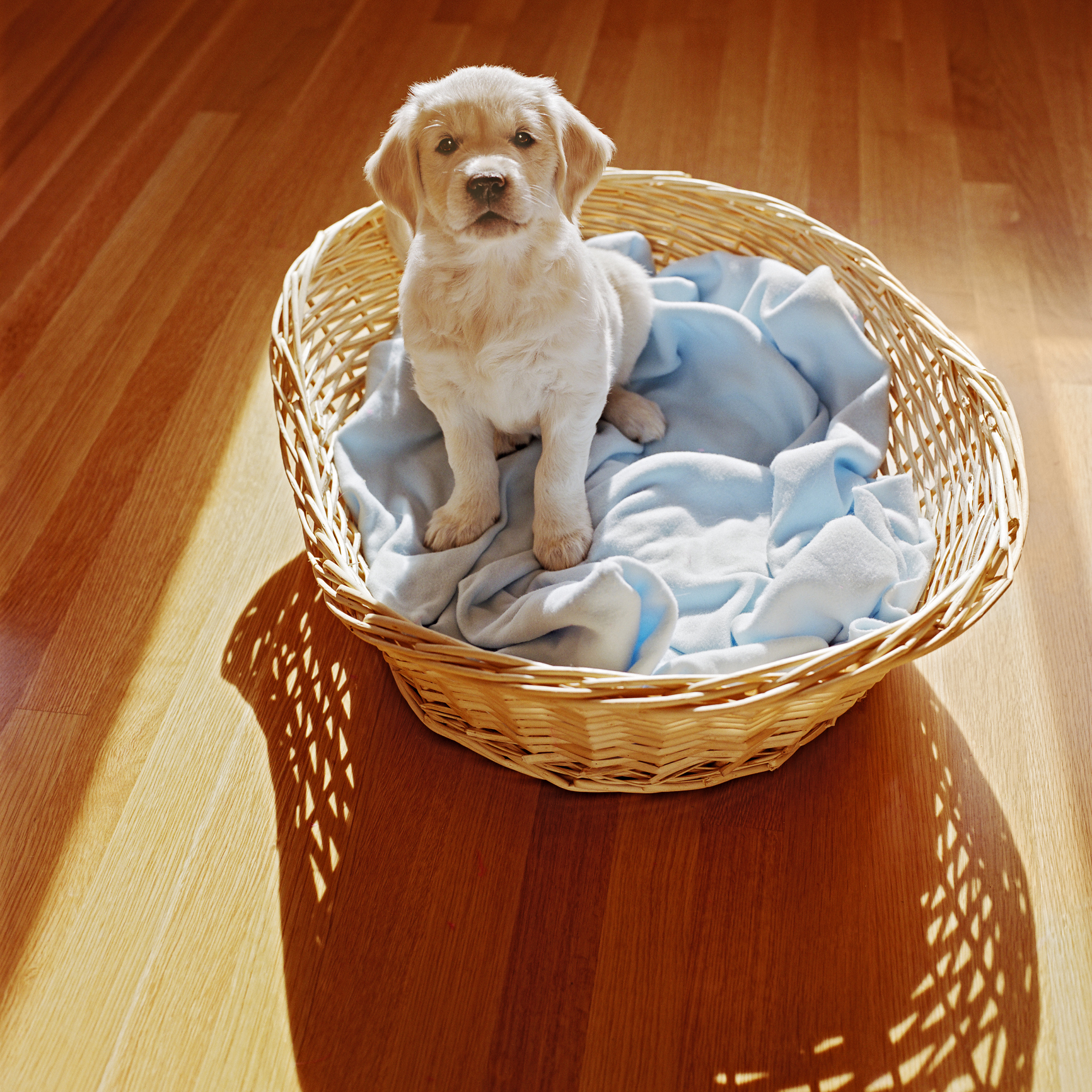
3. If the crying starts up again, go back — but not too quickly
Letting a dog cry for long enough to get stressed or upset is counter-productive, but so is coming back to him immediately every time they cry – if you do that, your pet is effectively giving you a dose of dog recall training! A few minutes is plenty to stop that from happening, though; just go back and comfort them again, and then leave the room as you did before.
4. Let their bed be a safe space at any time of day
With my own puppies, they often take themselves out of the kitchen into the hall by the stairs and stand or sit next to their crate. When they do this I start to leave it open so they have access to it, so they have their safe spot to retreat to. It's something that also helps with dogs who get anxious about visitors or delivery people coming to the house: they can retreat to a safe space knowing that they can trust you to look after them.
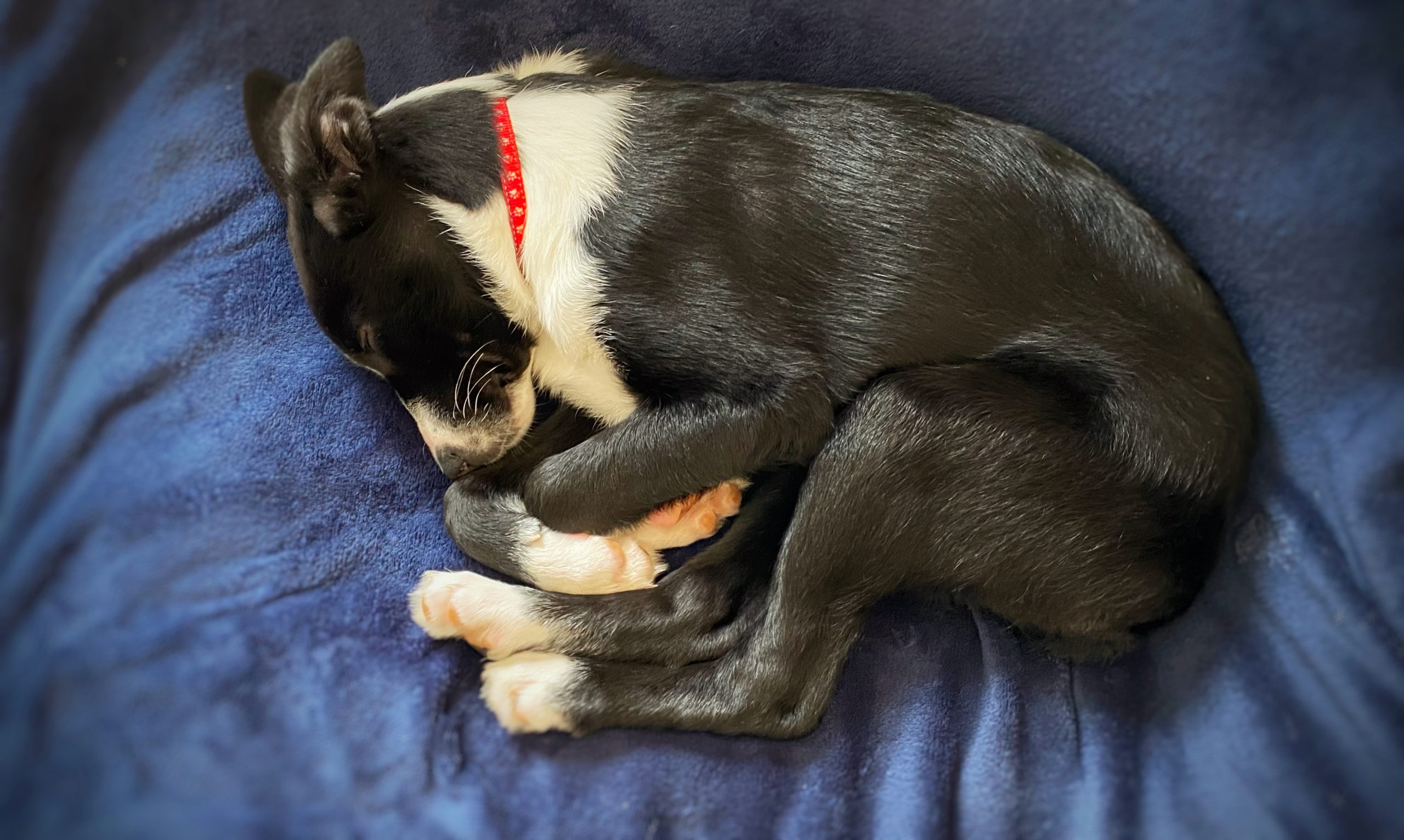
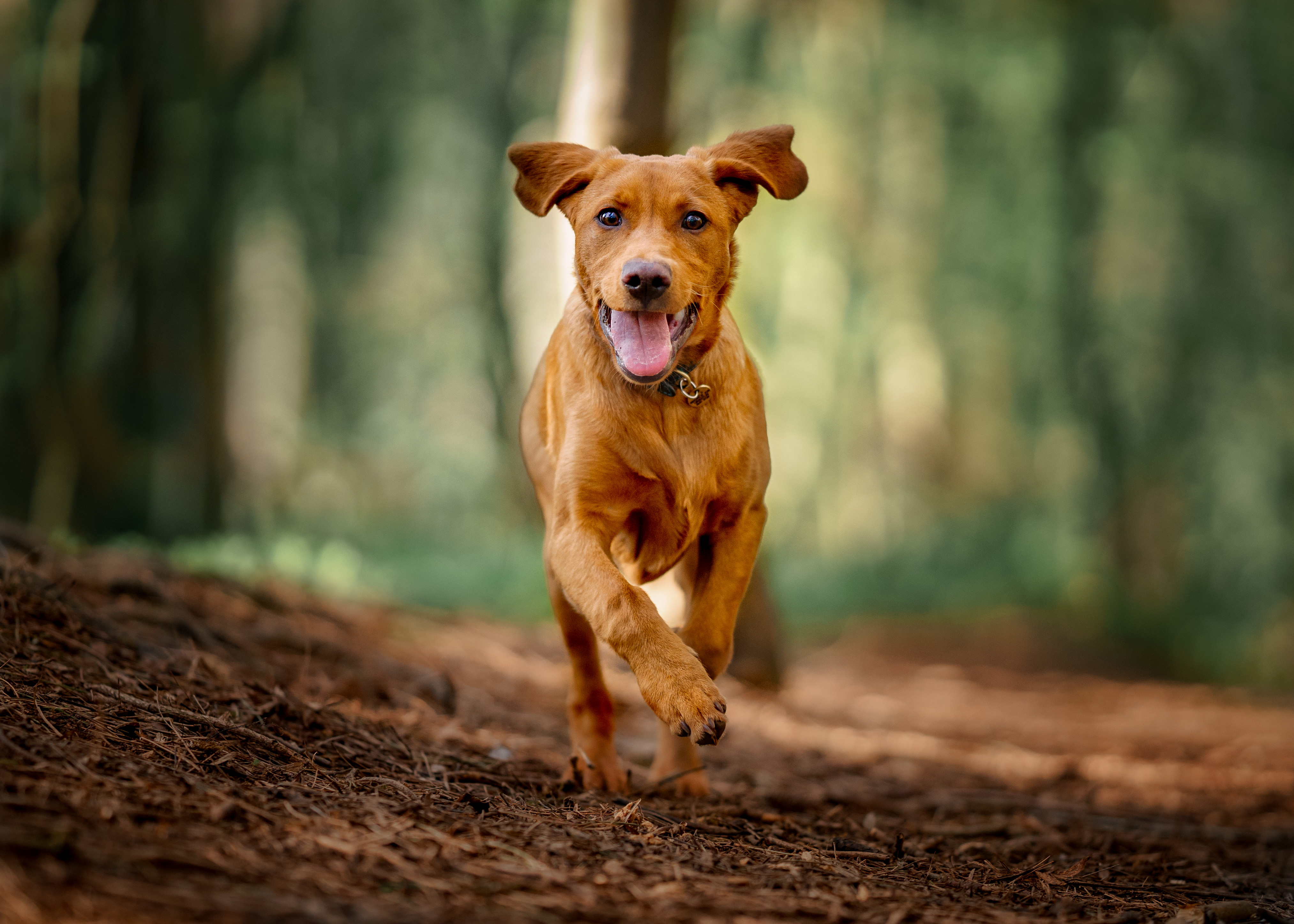
Credit: Getty Images
Dog recall training: Six tips from champion dog trainer Ben Randall
Training your dog is not easy — and with the huge recent rise in dog ownership, it's never been a better
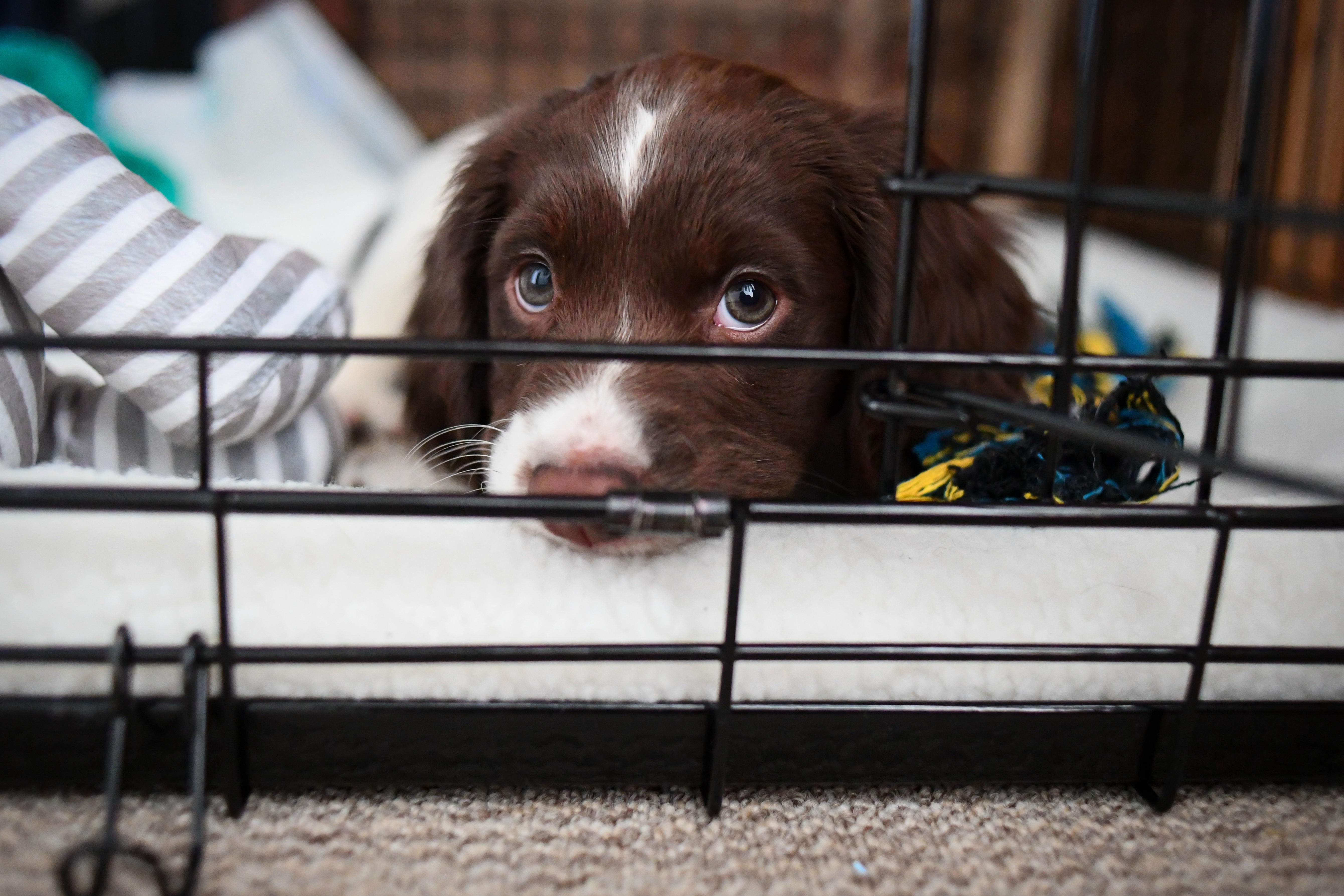
Crate training a puppy: Six tips from expert dog trainer Ben Randall
Puppy crate training can be tricky, yet it can pay dividends in all sorts of ways — even making puppy toilet
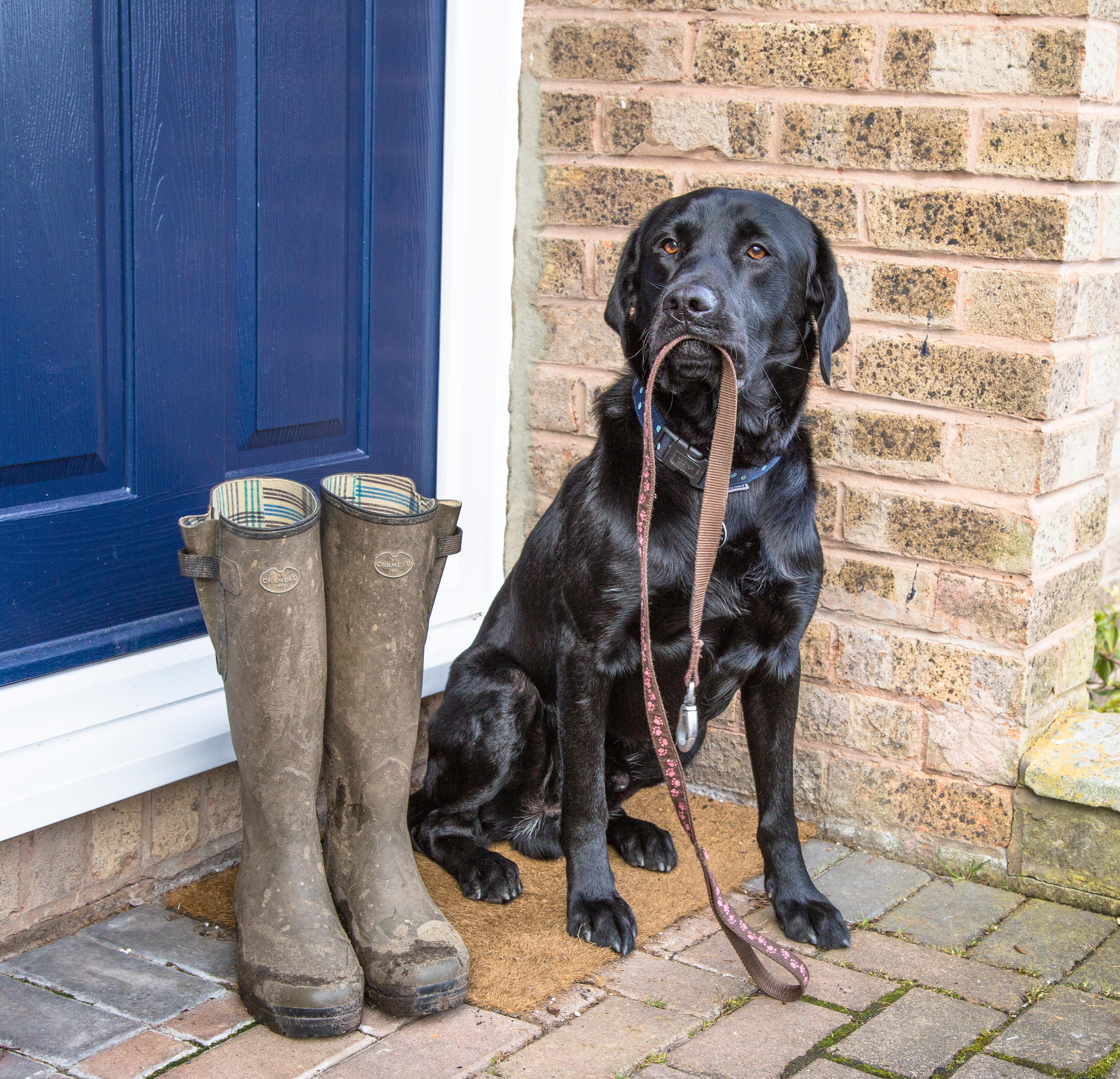
Credit: Ros Crosland / Alamy
Dog lead training: How to introduce the lead to your four-legged friend, by champion dog trainer Ben Randall
Introducing the lead to your dog can be tricky, but with a consistent routine you'll build positive associations that will
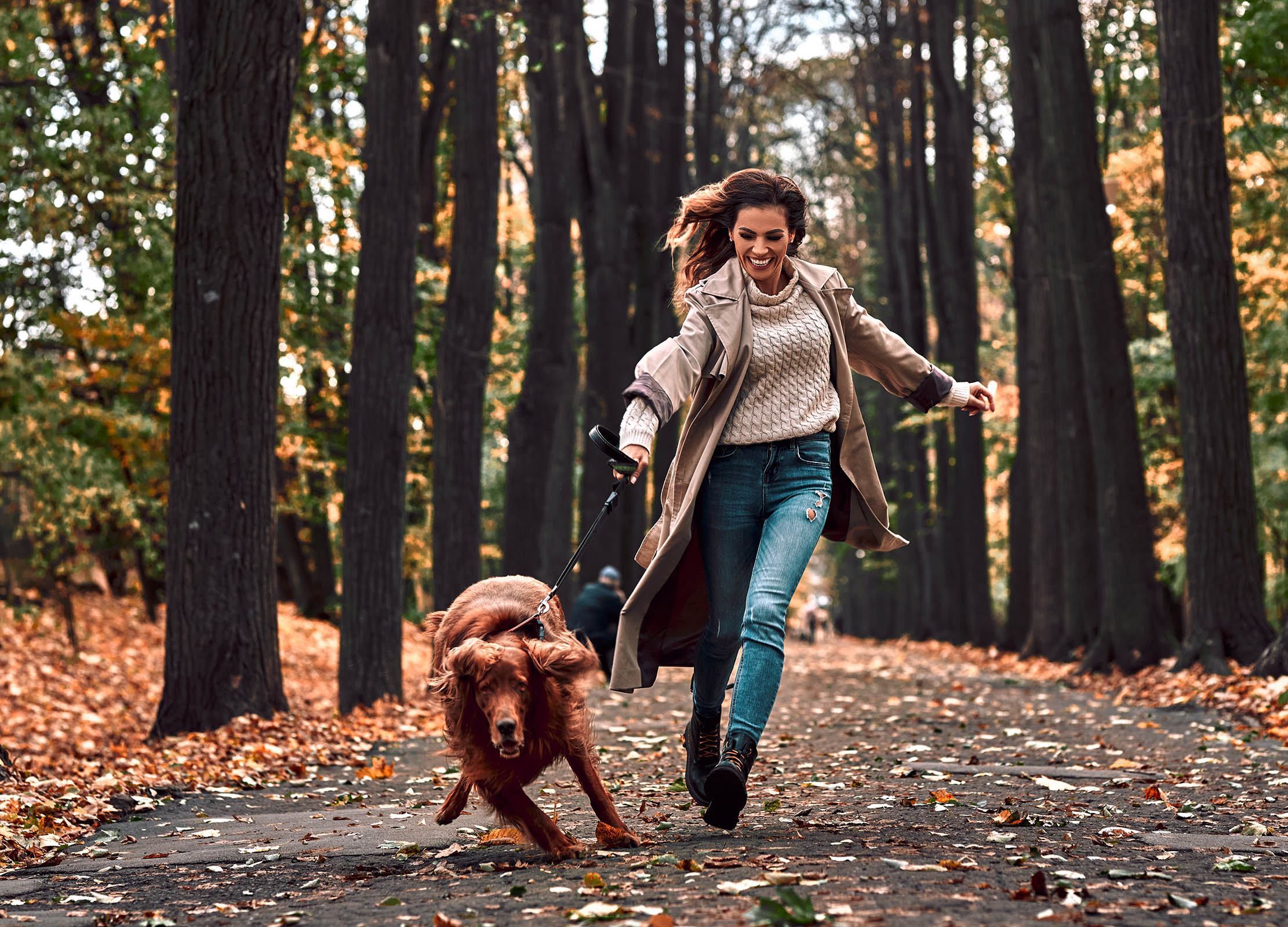
Credit: Getty Images
How to get your dog to walk to heel
Teaching your dog to stop pulling on the lead takes work, but it’s an important step in training that will
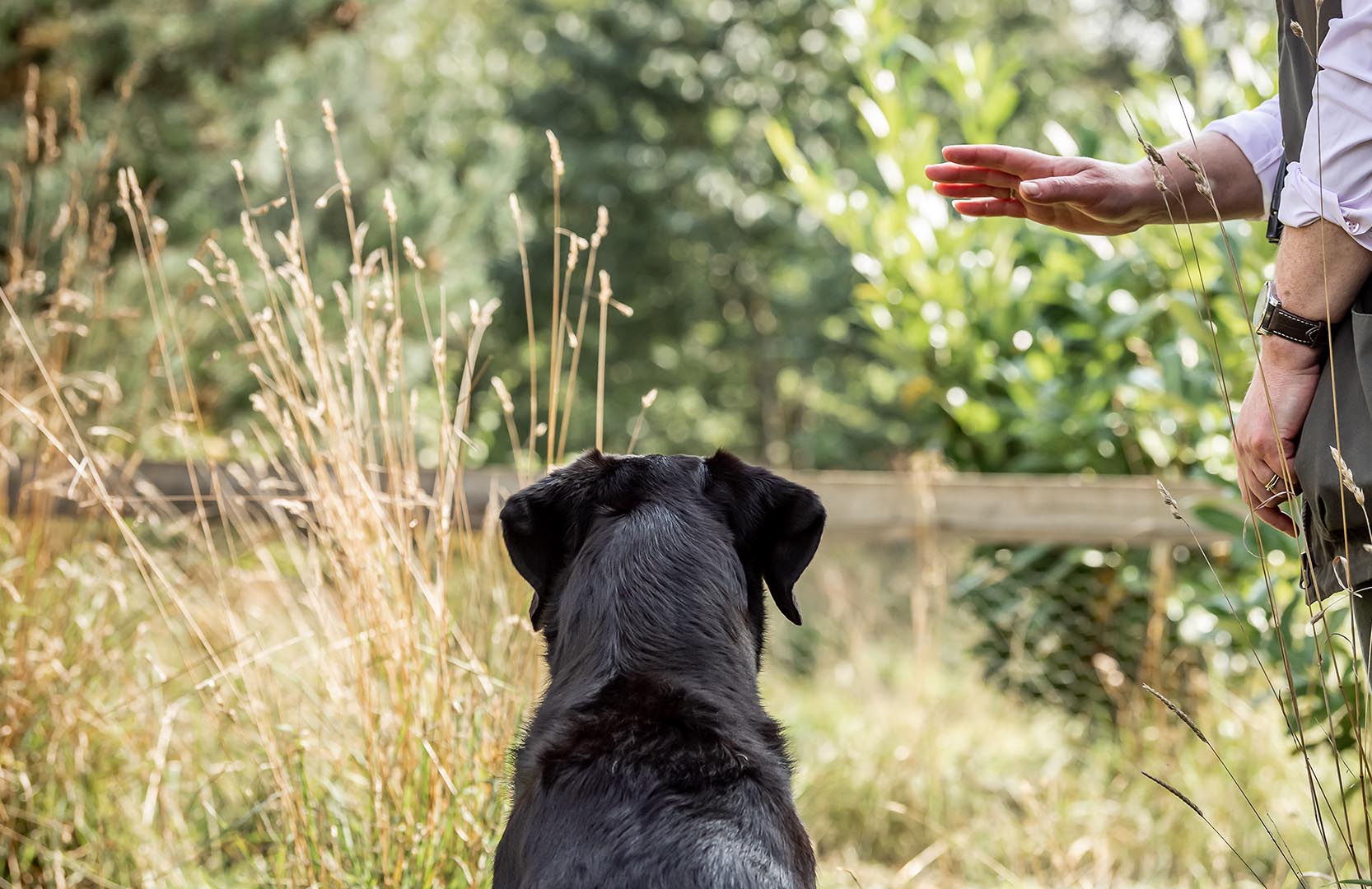
The champion dog trainer with a game-changing method who can teach any dog new tricks
Award-winning dog trainer Ben Randall — who looks after the dogs for everyone from David Beckham to Gordon Ramsay — happened
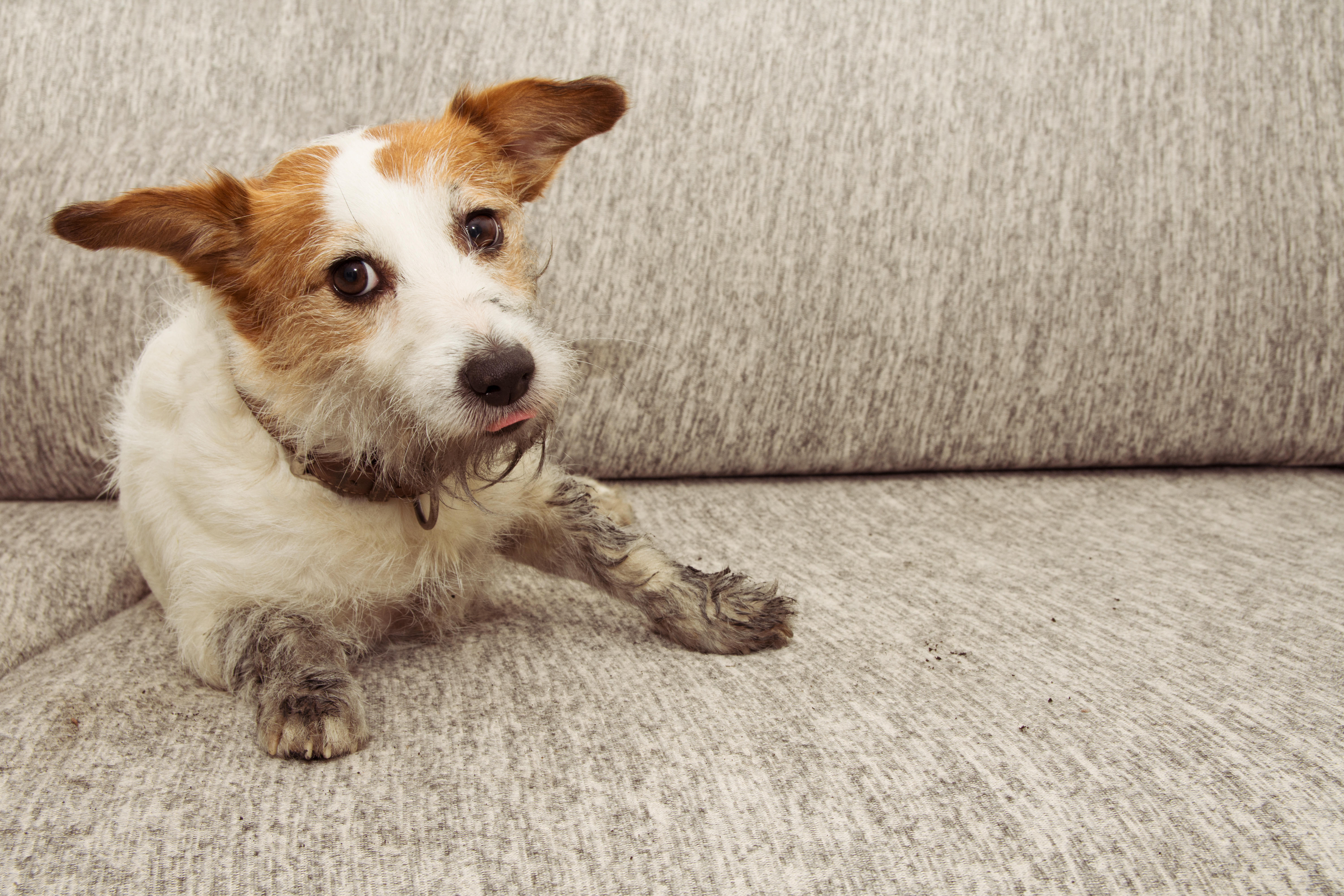
Credit: Alamy
How to keep a dog off the sofa, by top trainer Ben Randall
Fed up with Fido leaping onto the furniture — whether it's your sofa, armchair, or your bed — whenever he
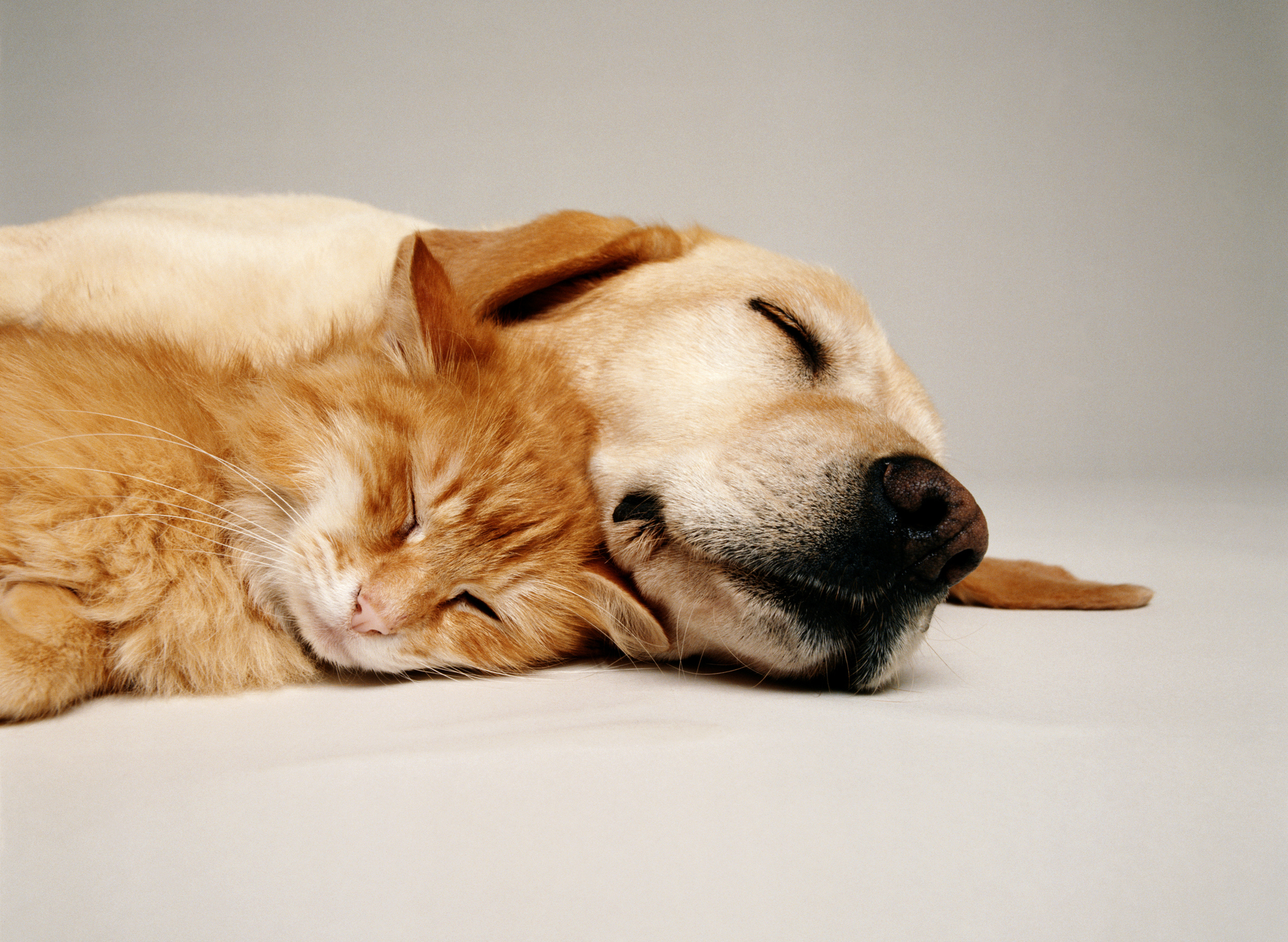
Credit: Getty
How to introduce a puppy to your cat, by expert dog trainer Ben Randall
Introducing a dog to a cat can be nerve-wracking, but get it right and the two of them can get
-
 Jungle temples, pet snakes and the most expensive car in the world: Country Life Quiz of the Day, April 14, 2025
Jungle temples, pet snakes and the most expensive car in the world: Country Life Quiz of the Day, April 14, 2025Mondays's quiz tests your knowledge on English kings, astronomy and fashion.
By James Fisher Published
-
 Welcome to the modern party barn, where disco balls are 'non-negotiable'
Welcome to the modern party barn, where disco balls are 'non-negotiable'A party barn is the ultimate good-time utopia, devoid of the toil of a home gym or the practicalities of a home office. Modern efforts are a world away from the draughty, hay-bales-and-a-hi-fi set-up of yesteryear.
By Annabel Dixon Published